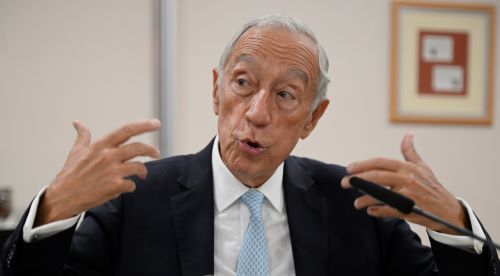
PORTUGAL’S GOVERNMENT has rejected paying reparations for its role in the Transatlantic Slave Trade.
The government also said on Saturday it refused to initiate any process to pay reparations for atrocities committed during transatlantic slavery and the colonial era, Reuters reported.
Between the 15th and 19th century, over six million Africans were forced into slavery and transported across the Atlantic by Portuguese ships to work on plantations mainly in Brazil.
Last year, the President of Portugal, Macelo Rebelo de Sousa, said his country should apologise for its role in slavery and went further to say the country needs to do more.
Rebelo de Sousa also made further comments on reparations last week, which sparked heavy criticism from right-wing parties.
On Saturday, Rebelo de Sousa suggested Portugal could use several methods to pay reparations, including cancelling the debt of former colonies.
According to the news agency, the government said in a statement sent to the Portuguese news agency Lusa it wants to “deepen mutual relations, respect for historical truth and increasingly intense and close cooperation, based on the reconciliation of brotherly peoples”
But it added it had “no process or program of specific actions” for paying reparations.
‘Exploitation”
The government also noted that this was also followed by previous governments.
It described its relations with former colonies “truly excellent”.
Speaking about Brazil’s history last year, Brazilian President Luiz Inacio Lula da Silva, said the colonisation of Brazil led to the “exploitation of Indigenous people.”
“(But) on the bad side, the exploitation of Indigenous people… slavery, the sacrifice of the interests of Brazil and Brazilians,” he said.
Brazil gained independence from Portugal in 1822.
Other European countries have made some apologies for slavery.
In December 2022, Dutch Prime Minister Mark Rutte apologised on behalf of his government for the Netherlands’ role in slavery and the slave trade.

